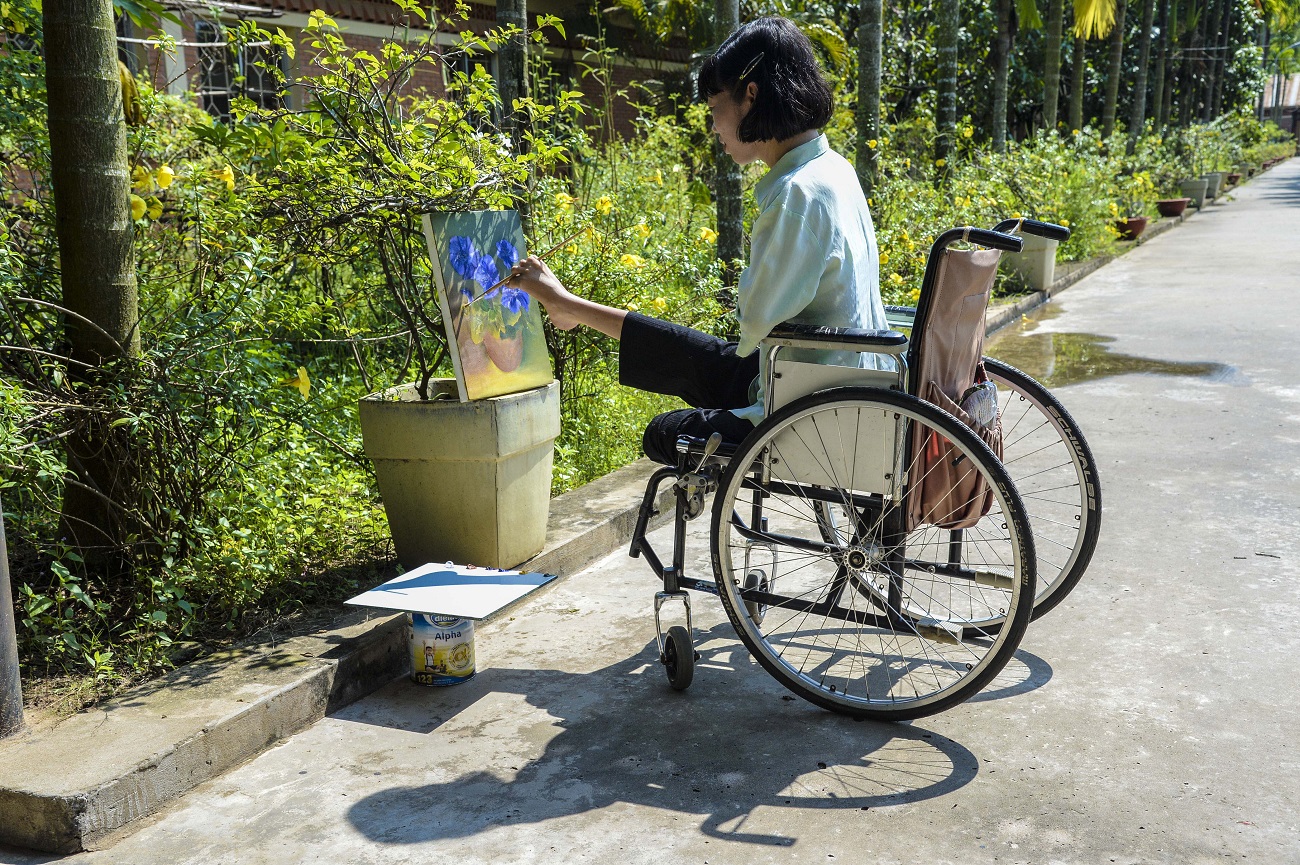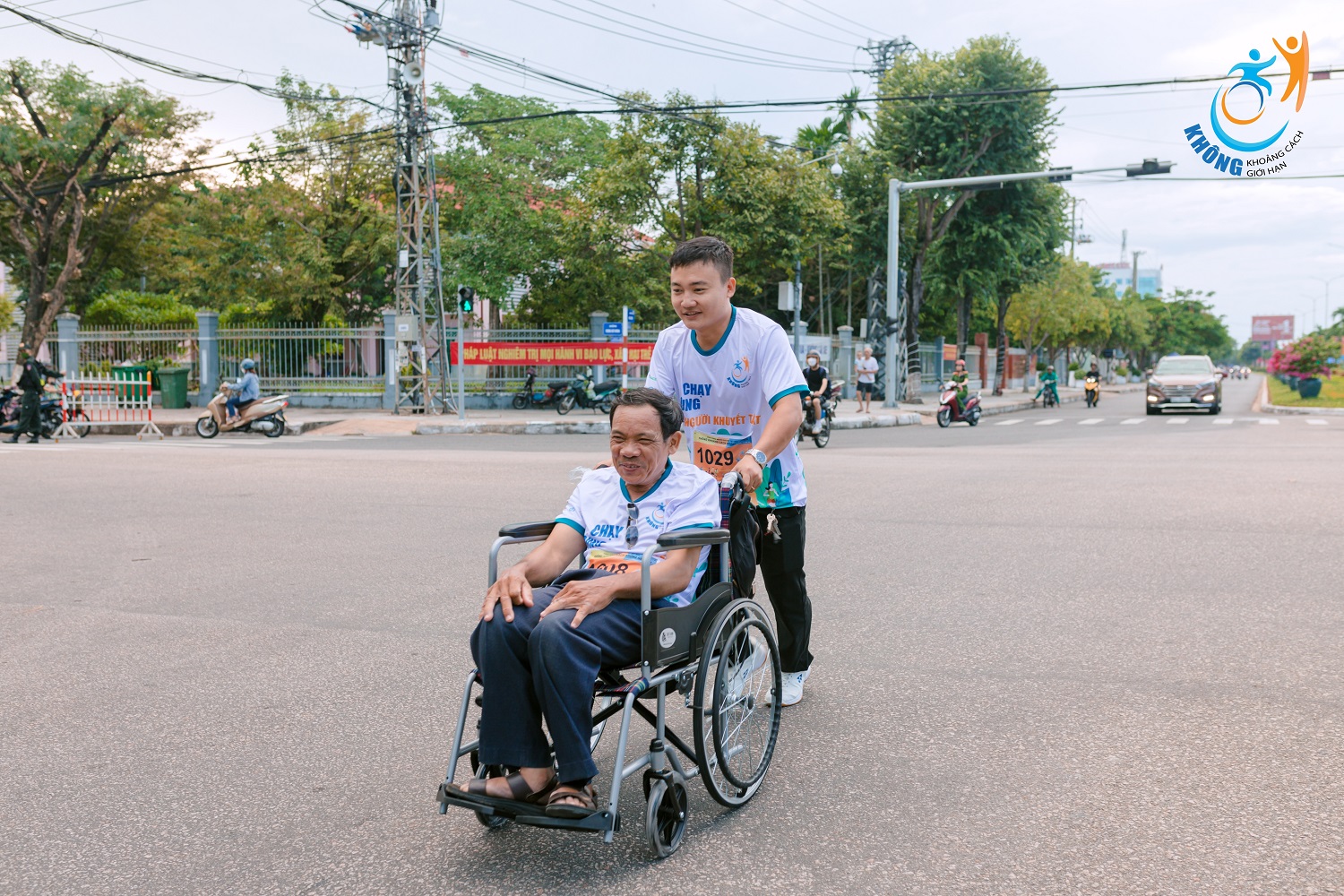CHIA SẺ
NIỀM TIN
NÂNG CAO
VỊ THẾ
Về chúng tôi
Viện Nghiên cứu phát triển cộng đồng (ACDC) tiền thân là Trung tâm Hành động vì sự phát triển cộng đồng (ACDC) là một tổ chức phi chính phủ địa phương ra đời năm 2011 làm việc vì và của người khuyết tật Việt Nam, hỗ trợ người khuyết tật và những nhóm yếu thế khác trong cộng đồng trên nhiều khía cạnh của cuộc sống.
ACDC là một tổ chức dịch vụ khoa học công nghệ ngoài công lập và phi lợi nhuận, kiên trì tìm kiếm và tiến hành những giải pháp khả thi nhằm góp phần cải thiện môi trường sống, xây dựng một xã hội không rào cản và vì quyền của người khuyết tật.




